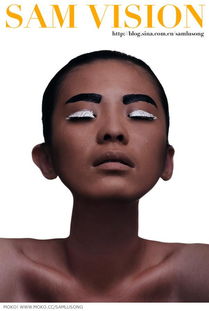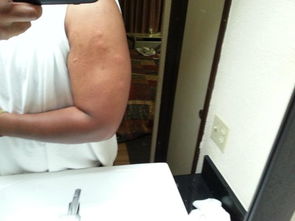
Bed Bug Bites on Black Skin: A Comprehensive Guide
Bed bug bites can be a nuisance for anyone, but they can be particularly concerning for individuals with darker skin tones. The appearance of bed bug bites on black skin can sometimes be mistaken for other skin conditions, making accurate diagnosis and treatment crucial. In this article, we will delve into the specifics of bed bug bites on black skin, including their appearance, symptoms, and treatment options.
Understanding Bed Bugs

Bed bugs are small, flat, parasitic insects that feed on the blood of humans and animals. They are reddish-brown in color and can grow up to 5-7 millimeters in length. Bed bugs are nocturnal and typically feed during the night, leaving behind itchy, red welts on their victims.
Appearance of Bed Bug Bites on Black Skin

Bed bug bites on black skin can vary in appearance, but they often resemble small, red or purple bumps. These bumps may be scattered or grouped together and can be found on any part of the body. Unlike bites on lighter skin tones, bed bug bites on black skin may not always have a clear, central puncture mark, making them more challenging to identify.
| Characteristic | Description |
|---|---|
| Color | Red or purple bumps |
| Size | Small, ranging from 1-5 millimeters |
| Shape | Round or slightly oval |
| Location | Anywhere on the body |
| Central puncture mark | May not be present |
Symptoms of Bed Bug Bites on Black Skin

In addition to the physical appearance of the bites, individuals with black skin may experience other symptoms, such as:
-
Itching: This is the most common symptom of bed bug bites and can be severe, leading to scratching and potential infection.
-
Inflammation: The area around the bite may become swollen and red.
-
Swelling: In some cases, the bites may cause significant swelling, especially if the individual is allergic to bed bug saliva.
-
Darkening of the skin: In some cases, the skin around the bite may darken, which can be mistaken for a bruise.
Diagnosis and Treatment
Diagnosing bed bug bites on black skin can be challenging, as the symptoms can be similar to those of other skin conditions, such as eczema or allergic reactions. To accurately diagnose bed bug bites, a healthcare professional may perform the following:
-
Physical examination: The healthcare professional will examine the affected area for characteristic bed bug bite patterns.
-
Medical history: The individual’s medical history, including any known allergies or skin conditions, will be reviewed.
-
Bed bug detection: The professional may use a bed bug detection device or conduct a visual inspection of the sleeping area to confirm the presence of bed bugs.
Once diagnosed, treatment for bed bug bites on black skin typically involves the following:
-
Topical treatments: Over-the-counter antihistamines or hydrocortisone cream can help reduce itching and inflammation.
-
Oral medications: In some cases, oral antihistamines or corticosteroids may be prescribed to alleviate severe symptoms.
-
Prevention: To prevent future infestations, it is essential to address the source of the bed bugs, which may involve cleaning and treating the sleeping area, as well as seeking professional pest control services.
Conclusion
Bed bug bites on black skin can be challenging to identify and treat, but with proper diagnosis and care,




